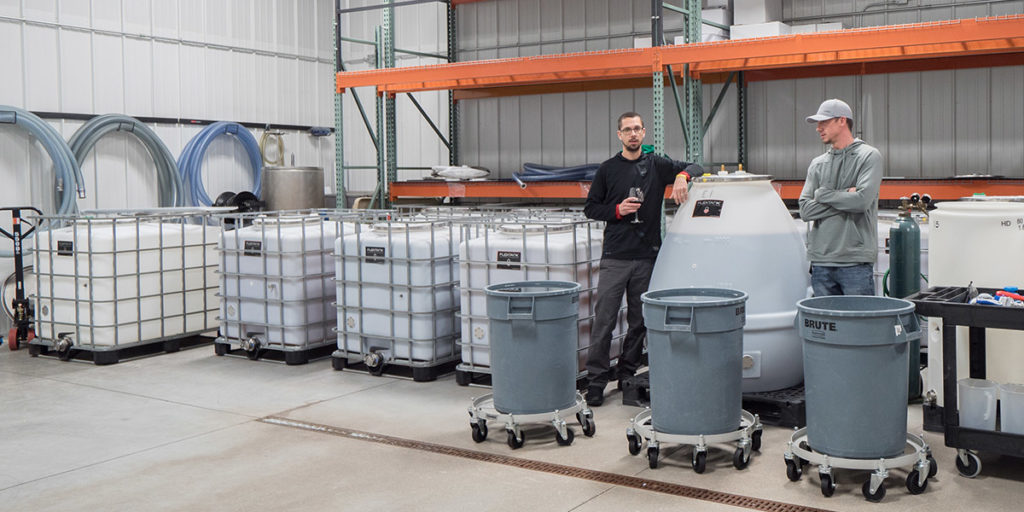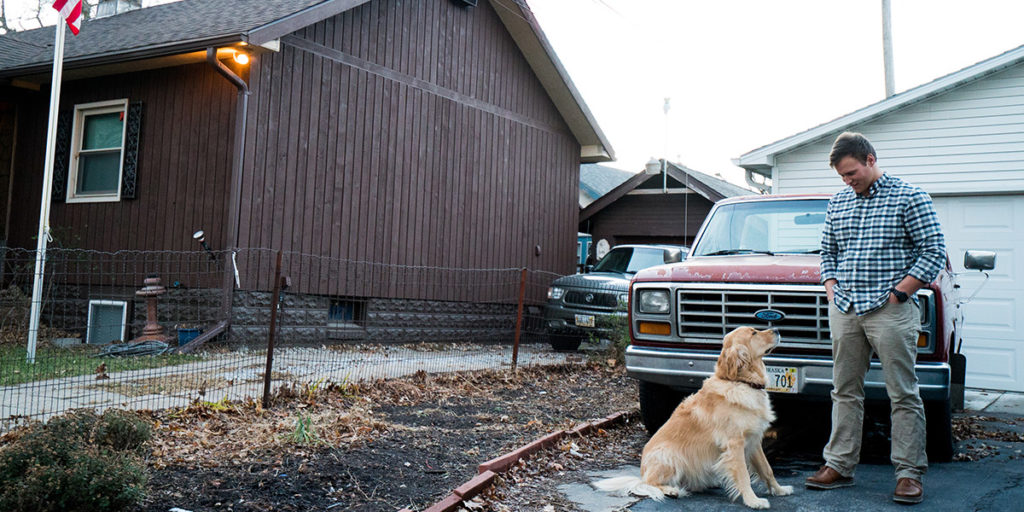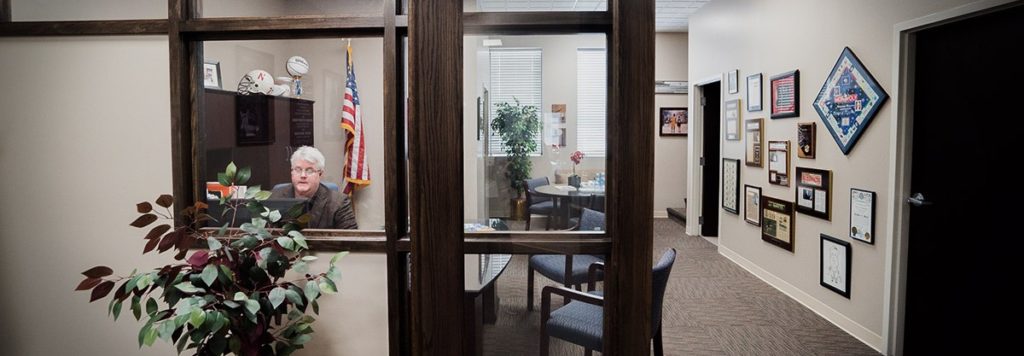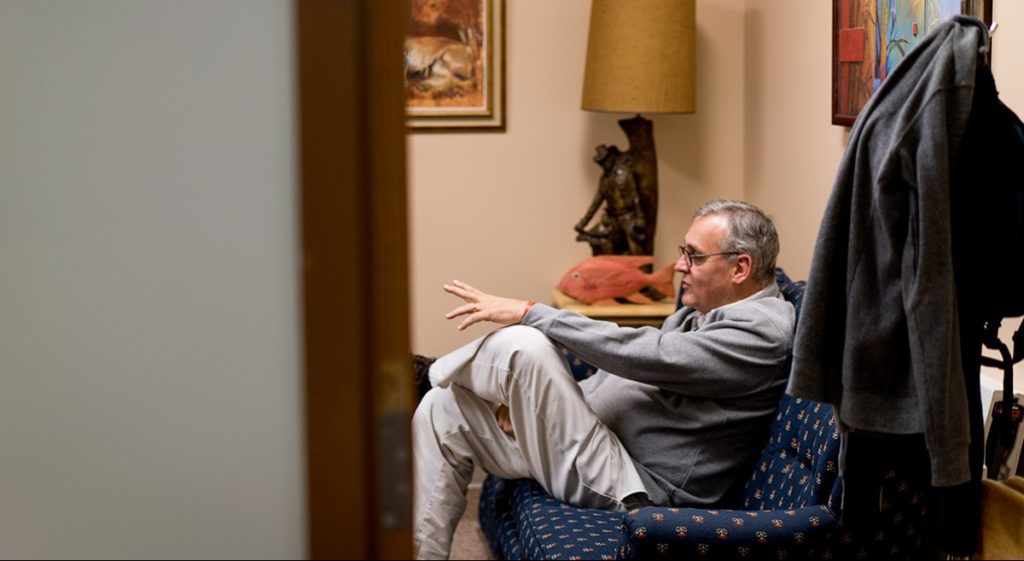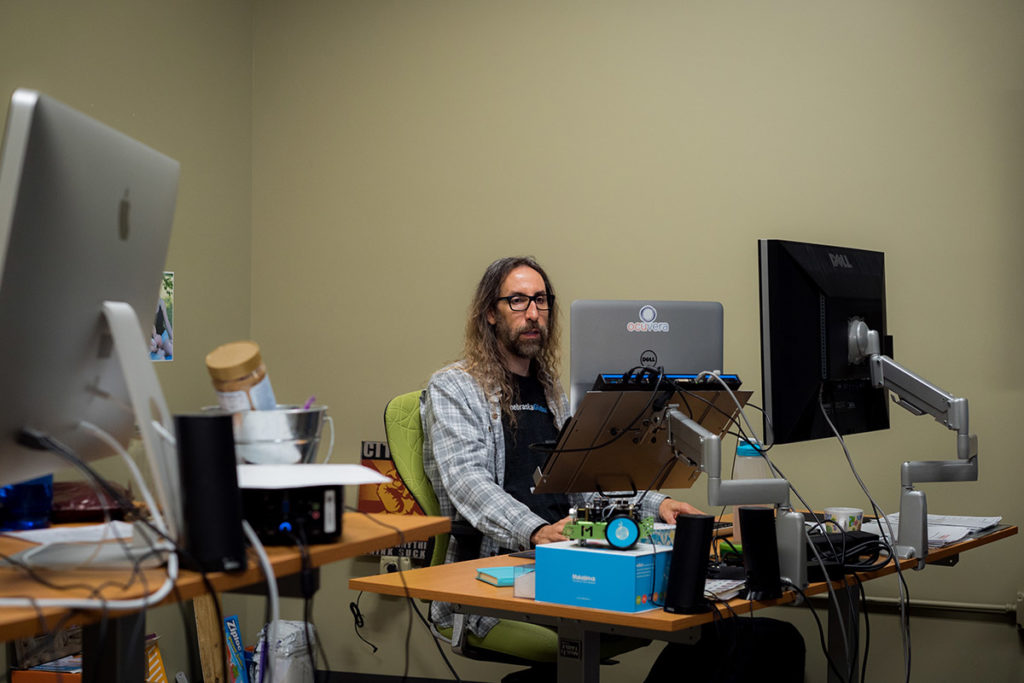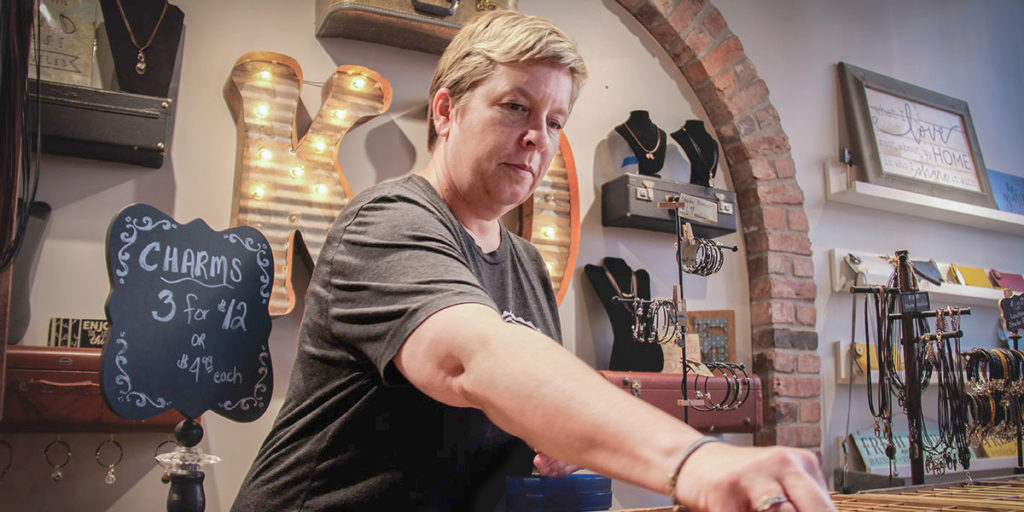
Not a lot of people can say that their business started with a musical, but that was definitely the case for Kara Parde.
When her 12-year-old daughter, Danielle, nabbed the leading role in the Lincoln Community Playhouse’s production of “Annie,” Kara stepped into the spotlight as well.
Kara quickly discovered that redheaded, orphan Annie and her friends weren’t the only ones facing a “hard knock life” – the community playhouse had its own set of troubles. Before long, parents started to help, and Kara followed suit.
She brainstormed a few ways to help the community theater raise money, and then her marketing and business background kicked in.
Kara figured that the odds were pretty good that the 200+ girls who auditioned for the production would show up to see it. And what do 12-year-old girls like best? Jewelry.
Kara soon found herself at her kitchen table making bracelets with her daughter. They sold the bracelets during the intermission of the show and gave the proceeds to the community playhouse.
By all accounts it was a win-win. Kara and her daughter found a new hobby and they raised money for the playhouse. But long after the play was over, the duo continued making jewelry.
The demand for their products was high and so the mother-daughter team decided to officially launch a business – KD Designs.
The two tag-teamed local farmers markets and hosted bracelet-making birthday parties. They tried anything and everything to keep their business momentum strong… and it worked.
Kara and Danielle began to do business outside of Nebraska and traveled around the country doing wholesale jewelry shows. In a business sense, these kinds of trips were necessary for their business to grow, but it had an even bigger impact on their relationship.
Kara said that while some mothers and daughters grow apart during their teen years, she and Danielle grew together. Their ‘business trips’ doubled as fun weekend getaways and a way to make new memories, become better friends and grow their business together.
When Danielle got to college, the shows were also a good excuse for Kara to take time to go see her daughter and work together, even though Danielle’s involvement was different than when they first started the business.
Instead of helping make bracelets, Danielle did layout design for catalogs. Instead of running after merchandise blowing down the road at a windy day at the farmers market, she created the displays in the front of the store.
Even though she wasn’t always there physically, Kara said that her daughter still pushed her to grow the business. When Kara knew that KD Designs had outgrown its first store, Danielle was the one who found their new location and pushed her mom to try it out.
When Kara thinks about her story, she said so much of it is surprising to herself. She grew up in a small town and graduated from college with a business and marketing degree. While she loved doing creative things, she quickly settled into a banking job because it was good, safe way to earn a living.
That’s why it was such a scary leap to start her business. Kara had been so used to a secure working environment that the uncertainty of something new was terrifying, but she did it and never looked back.
But she didn’t do it alone. From her business partner daughter to her husband, son, extended family and friends, Kara said her story is about so much more than just herself.
Running a business has given Kara the opportunity to step outside her comfort zone, to be brave and learn to trust her instincts. More importantly, she said it helped her see her daughter as more than just her daughter, but also a business partner and friend.

